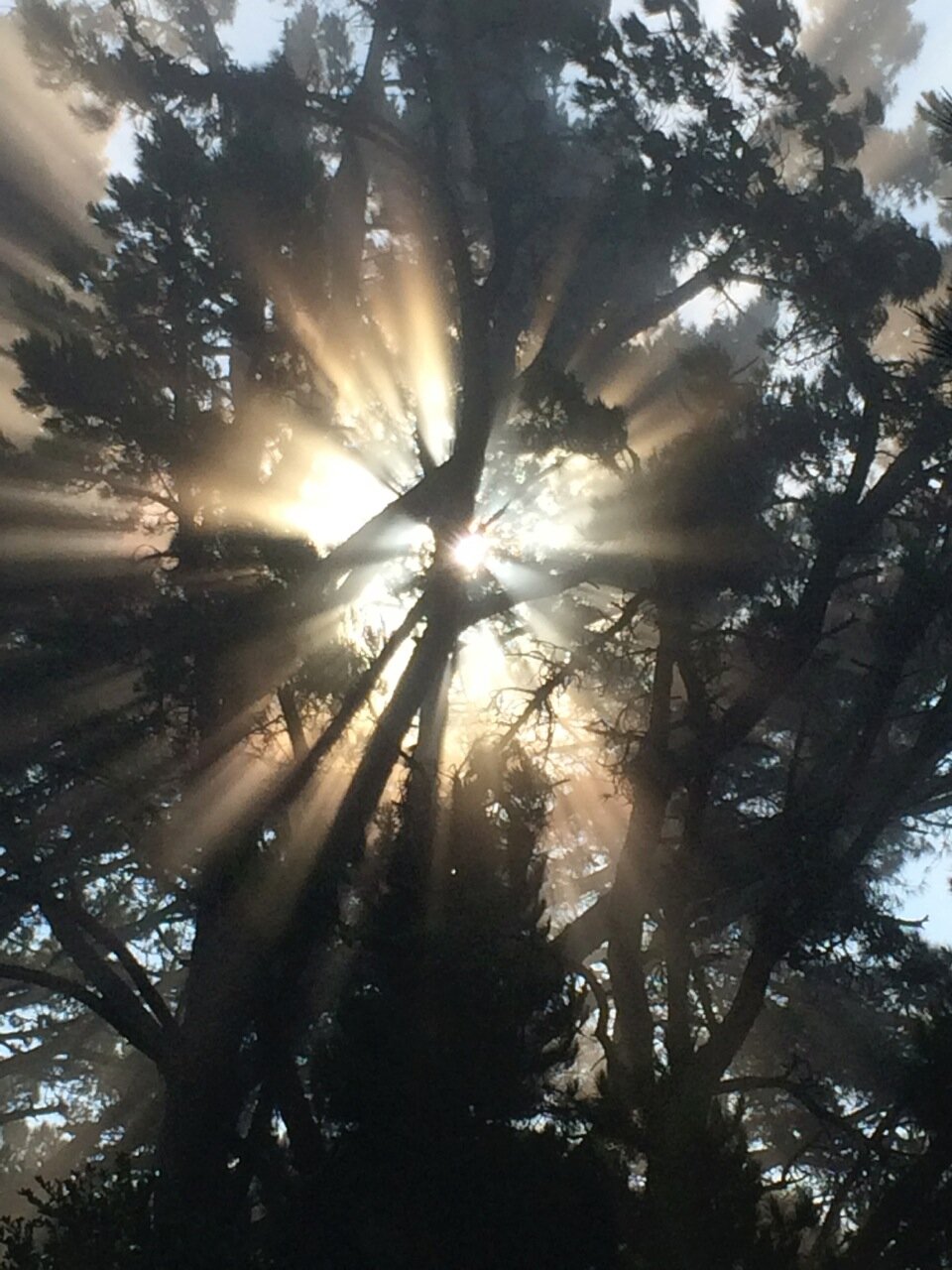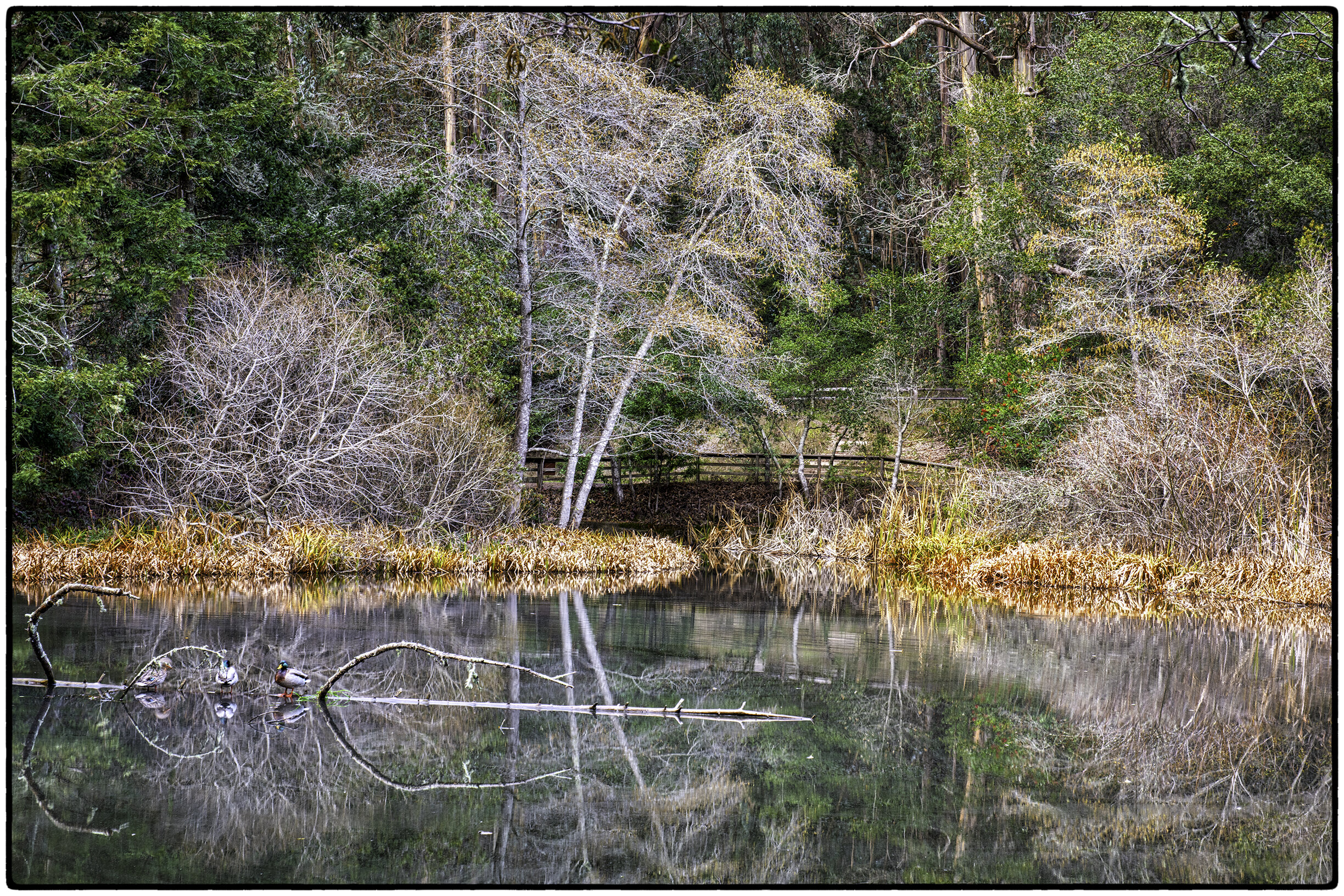I don’t know if that’s her real name, a nickname, or even if I’ve spelled it correctly. Sounded out it’s “ReeKnee” with an equal emphasis on each syllable. She left a voice mail this afternoon:
“David, this is Renee Ream. I was hoping to reach you now because I have kind of an urgent situation, but what I’ll do is call Nancy Rubin and ask her to send out a message to the neighborhood. I’m in a hospital bed, sitting in my living room by the front window, hoping to get into a board and care facility very shortly, so she will send that message out so that our neighbors will look up and wave at me for the time I have left here. You and Jadyne have been such wonderful neighbors for which I thank you very very much…I hope I’ve done that before. Bye bye for now.”
Nancy sent us a separate message. She wrote, Renee said that “when we moved into the neighborhood it really changed with all that we’ve done—open houses, block parties, emergency info, etc. She is ever so grateful.”
Renee has stomach cancer, a disease that has taken over her body. She can’t eat, she barely drinks, she’s made peace with dying. “I’m 86, she said, and I’ve had a rich and full life. I’m at peace.” Renee has enlisted the help of Kaiser’s hospice care workers. They brought a pain medication last night at 11:00. Her husband John, a former policeman in Oakland, a WWII P.O.W. is beside himself. They celebrate their 64th wedding anniversary tomorrow. Jadyne has volunteered bring her laptop so she can sit with Renee as she dictates what John will need to know to pay bills and take care of the day-to-day expenses.
John and Renee have two children, a son and a daughter. Andrew, the son, died suddenly in his fifties after completing a bike race in Sacramento. The neighbors held a service in his memory on the street in front of their house. I played “Amazing Grace” on the guitar. We held candles.
Amy, the daughter, has muscular dystrophy and lives at home. She used to walk around the block, and we would see her when she passed by the house. We haven’t seen her in two or three years. She was asleep when we came to see Renee, and I suppose, say goodbye, hoping that tomorrow she’ll be lying by the front window, waving back to neighbors as they wave to her.
John and Renee
Two days later. Our timing was impeccable. Renee is leaving for a board and care facility tomorrow or Friday morning. She doesn’t want to burden her family with her death.
Neighbors gathered under her window, carrying signs, balloons, writing “Renee, We Love You” in chalk on the driveway, signing a giant card, and Jadyne spoke for all of us. A neighbor passed by, “Someone’s birthday?” they asked. “No, someone is dying,” we answered, “and we’re all here to show her how much we love her.” We sang “Amazing Grace” and “For She’s a Jolly Good Fellow”.
This was Wednesday night. Renee left her home for a board and care facility on Thursday. She died on Saturday.






































































































































